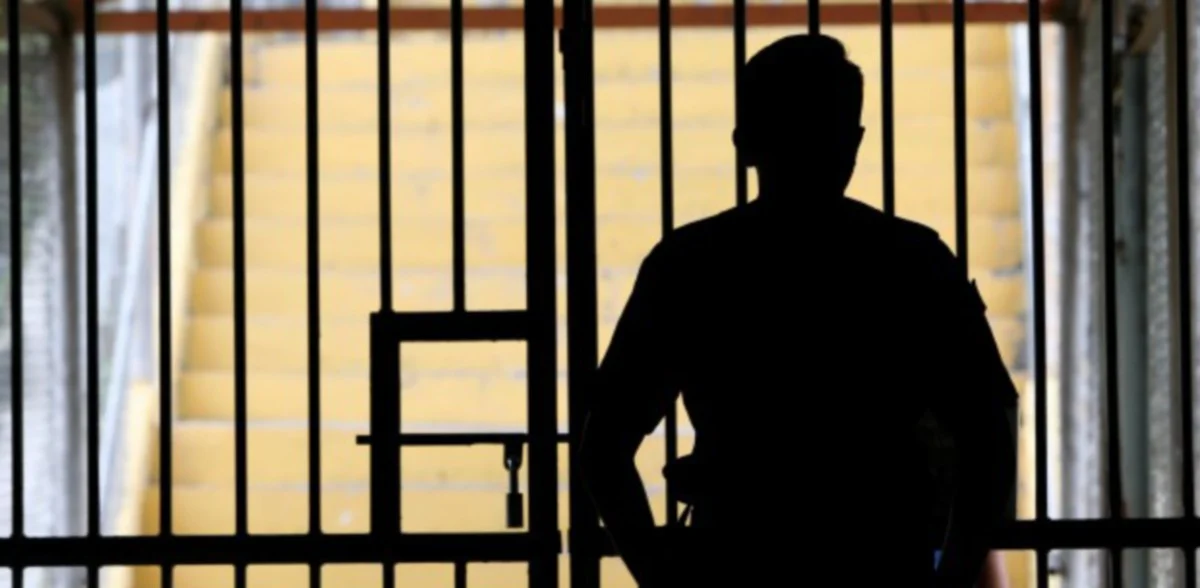THE Home Ministry had in October 2024 presented a proposal to implement home detention as part of a reform measure in the country’s criminal justice system.
This home detention which targets remand detainees will eventually be guided by the Home Detention Act.
To alleviate concerns of the society on the subject of home detention, there is a need to understand that there are three categories of remand detainees in the Malaysian prison system.
The first category is made up of individuals who have been charged in court for a non-bailable offence such as Section 376 of the Penal Code (rape), Section 31(1)(a) of the Child Act 2001, and Section 14 and Section 15 of the Sexual Offences Against Children Act.
The second category comprised remand detainees who commit non-bailable offences such as murder under Section 302 of the Penal Code and trafficking in dangerous drugs under Section 39B of the Dangerous Drugs Act.
The third and final category is remand detention involving an accused who is charged with a bailable offence but is unable to pay the bail set by the court.
Only the accused in the first and third categories who will be considered under the Home Ministry’s proposed Home Detention Act.

Human touch
Home detention is an alternative to prison detention in that it allows remand detainees to be with their families and continue with daily routine such as working and pursuing their studies.
The accused who is a mother can still breastfeed their child and raise the child together with the family while waiting for her case to be completed.
A father can still carry out the responsibility of earning a living for his family. A student can resume his/her studies which might have been interrupted during his/her remand detention while awaiting his/her conviction.
Although there is a dispute that the accused permitted to undergo home detention need not pay the bail money which is intended to ensure court presence for his/her for trial, the Malaysian society must be made aware that there is strict supervision in place in that remand detainees need to report themselves regularly to the authorities.
On one hand, this practice is seen as a viable move to reduce the increasingly worrying overcrowding trend in Malaysian prisons.
As it is, Malaysian prisons can only accommodate up to 74,000 prisoners at any one time. As of Nov 5, however, a total of 87,419 individuals are housed in Malaysian prisons, of which 28,000 are remand detainees who have not yet to be convicted and are awaiting trial.
The overcrowding which exceeded the appropriate capacity by 11.24% poses an unhealthy situation for prison inmates in that such lack of resources may obstruct their intended rehabilitation process.
Implementing home detention
The implementation of home detention requires several clear steps and structures to ensure that it can be carried out fairly and effectively.

First of all, the accused who are eligible for home detention will certainly be screened by the Prisons Department or court based on the type of offence that he/she had committed, thus ensuring that no accused who has committed a serious offence is granted home detention.
The accused who are selected to undergo home detention will have to abide by certain rules, perhaps the use of an electronic monitoring bracelet can be considered since he/she is exempted from paying bail (which would guarantee his/her attendance in court to stand trial).
Similarly, setting more than one guarantor with conditions for rules violation and non-attendance at court leads to the enforcement of compensation to the government, for example, would surely encourage regular reporting to the authorities.
Since this home detention exercise is intended for the accused who are on remand, the Home Ministry should be empowered in stages to evaluate effectiveness in the implementation of the proposed Home Detention Act so as to ensure that it is not subject to abuses.
On this note, suffice to say that the implementation of home detention is not an easy exercise. Many considerations need to be taken into account by the authorities, including the type of offence committed, criminal history of the offenders and the risk of them repeating the crime to which they are accused of committing and tried in court for while out in the community.
This is why the proposed Home Detention Act is a stand-alone Act that does not depend on any existing Act to ensure its effective and efficient implementation. – Dec 5, 2024
Nur Aminahtul Mardiah Md Nor is a lawyer.
The views expressed are solely of the author and do not necessarily reflect those of Focus Malaysia.









